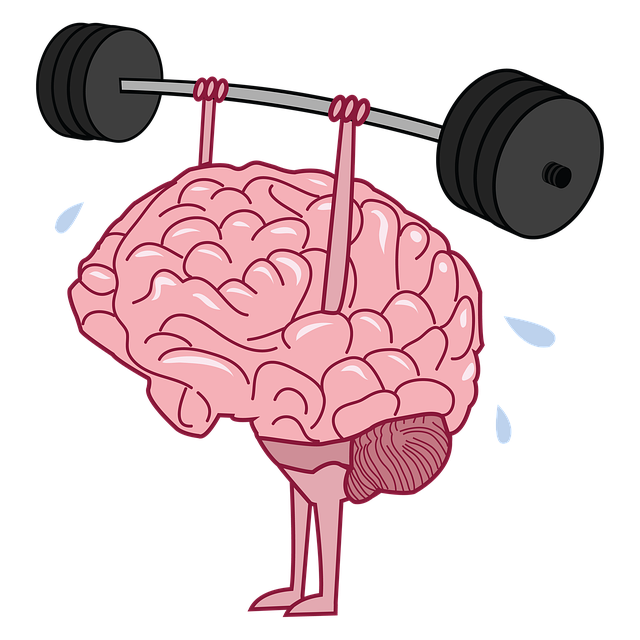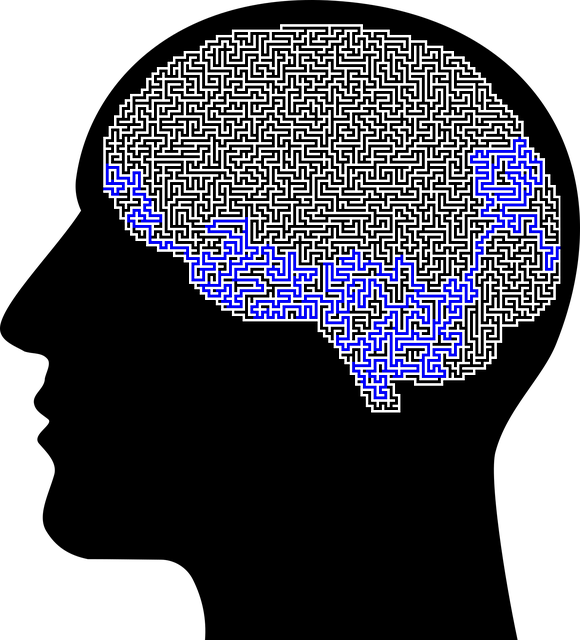Community outreach programs are transforming access to mental health services, especially for underserved populations like those with Littleton Conduct Disorder Therapy. By combining individual care practices, evidence-based stress reduction methods, and peer support, these initiatives reduce stigma, build resilience, and empower individuals. Successful programs involve collaborative partnerships between community leaders, schools, and therapists, creating safe spaces for open communication and holistic emotional healing. Through structured planning, tailored education, regular monitoring, and long-term strategic engagement, these outreach efforts can achieve lasting positive changes in the mental health landscape of Littleton communities.
Community outreach programs play a vital role in addressing mental health issues, especially in areas like Littleton where conduct disorder is prevalent. This article explores the comprehensive process of implementing successful initiatives, from understanding the community’s needs to fostering long-term sustainability. We delve into strategies for effective therapy, building partnerships with local organizations and schools, monitoring program success, and ensuring a lasting impact through community engagement. Discover how these steps can revolutionize mental health support in Littleton Conduct Disorder Therapy.
- Understanding Community Outreach for Mental Health: The Need and Impact
- Designing Effective Programs: Strategies for Littleton Conduct Disorder Therapy
- Building Partnerships: Collaborating with Local Organizations and Schools
- Implementing and Monitoring Success: Measuring Outcomes and Adjusting Programs
- Long-Term Sustainability: Fostering Community Support and Engagement
Understanding Community Outreach for Mental Health: The Need and Impact

In many communities, mental health issues, including conditions like Littleton Conduct Disorder Therapy, remain largely unaddressed due to a lack of accessible resources and understanding. Community outreach programs play a pivotal role in bridging this gap by bringing mental health services directly to those who need them most. These initiatives are designed to reduce the stigma surrounding mental health treatment while increasing awareness and accessibility for all individuals.
Effective community outreach for mental health involves tailored strategies such as crisis intervention guidance, peer support networks, and educational workshops. By implementing these programs, mental health professionals can conduct risk assessments to identify vulnerable populations and offer timely interventions. This proactive approach not only improves individual well-being but also fosters a more supportive and resilient community overall, with a diminished reliance on emergency services for mental health crises.
Designing Effective Programs: Strategies for Littleton Conduct Disorder Therapy

Designing effective community outreach programs for Littleton Conduct Disorder Therapy requires a multi-faceted approach that addresses both individual needs and broader social dynamics. Programs should integrate Self-Care Practices tailored to the unique cultural backgrounds of participants, fostering Cultural Sensitivity in Mental Healthcare Practice. By incorporating evidence-based Stress Reduction Methods, these initiatives can empower individuals to manage challenging behaviors and promote positive mental health outcomes.
Community leaders and therapists working together can create safe spaces that encourage open dialogue, build resilience, and offer practical tools for coping with daily stressors. Tailoring these strategies to the specific needs and cultural contexts of Littleton communities ensures that therapy is accessible, inclusive, and ultimately more effective in addressing Conduct Disorder symptoms.
Building Partnerships: Collaborating with Local Organizations and Schools

Building strong partnerships with local organizations and schools is a pivotal step in implementing successful community outreach programs, especially when focusing on addressing conduct disorders like those seen in Littleton. These collaborations create a network of support, allowing for comprehensive care. For instance, partnering with schools enables therapists to integrate Social Skills Training into educational settings, fostering an environment where Emotional Healing Processes can begin and Confidence Boosting is nurtured.
Local organizations complement this effort by offering specialized services and providing access to resources that may not be readily available within the school system. By joining forces, these entities can enhance their impact, ensuring a more holistic approach to community well-being and improving outcomes for individuals struggling with conduct disorders.
Implementing and Monitoring Success: Measuring Outcomes and Adjusting Programs

Implementing community outreach programs for issues like Littleton Conduct Disorder Therapy requires a structured approach to ensure success. The initial phase involves assessing local needs and tailoring programs to address them effectively. This includes designing Mental Health Education Programs that cater to different demographics, incorporating Stress Management techniques, and fostering Inner Strength Development. Once implemented, regular monitoring is crucial to gauge the impact and outcomes.
Measuring success goes beyond attendance; it involves qualitative assessments, participant feedback, and tracking improvements in mental health indicators. These insights enable adjustments to be made promptly, refining the programs to better serve the community. By continuously evaluating and adapting, initiatives like these can achieve lasting positive changes, ultimately enhancing the well-being of individuals and the community at large.
Long-Term Sustainability: Fostering Community Support and Engagement

Implementing community outreach programs like Littleton Conduct Disorder Therapy isn’t just about immediate intervention; it’s about building a foundation for long-term sustainability. To ensure these initiatives thrive, fostering community support and engagement is paramount. By educating residents on mental health topics, breaking down stigma, and promoting peer support, the community becomes an active partner in the well-being of its members. This collective effort not only enhances the reach of therapy services but also empowers individuals to take charge of their mental health.
Moreover, integrating evidence-based practices like mood management techniques and communication strategies can strengthen the impact of outreach programs. Trauma support services tailored to community needs can further solidify these initiatives’ success. When community members are equipped with tools for effective communication and emotional regulation, they can better assist themselves and others, creating a ripple effect of positive change that sustains mental health efforts over time.
Community outreach programs focused on mental health, such as Littleton Conduct Disorder Therapy, are powerful tools for fostering well-being and resilience. By implementing evidence-based strategies, building strong partnerships, and monitoring outcomes, these initiatives can achieve lasting positive impacts on individuals and communities. The key to success lies in ongoing collaboration and adaptation, ensuring that support remains accessible and tailored to the evolving needs of those it serves. Through such dedicated efforts, we can create a more supportive and connected society where mental health is prioritized and nurtured at every level.














